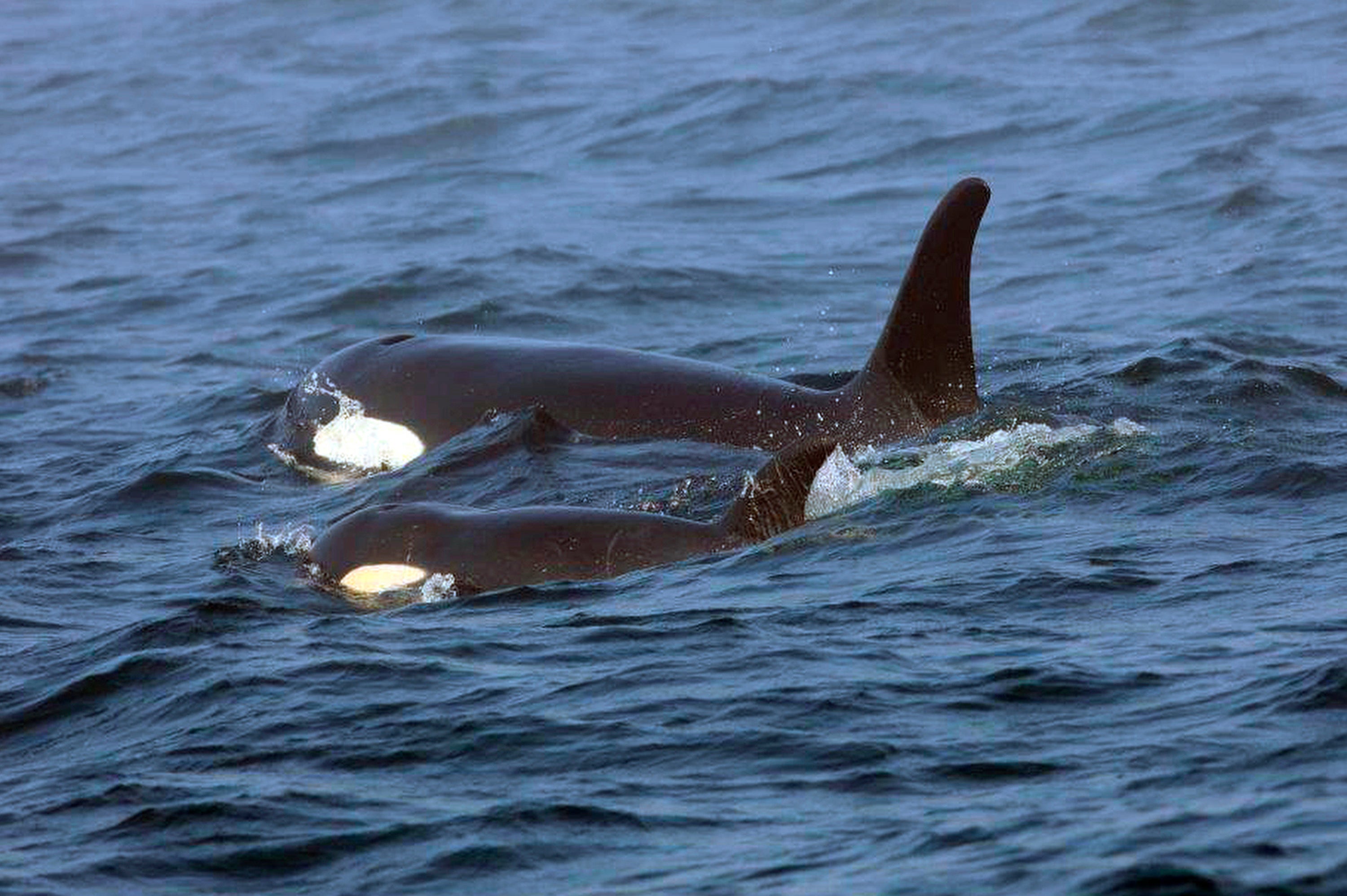Killer whale rams fisherman’s boat in UK waters during latest Orca attack
Encounter follows growing number of reported incidents off the coast of Gibraltar
Your support helps us to tell the story
From reproductive rights to climate change to Big Tech, The Independent is on the ground when the story is developing. Whether it's investigating the financials of Elon Musk's pro-Trump PAC or producing our latest documentary, 'The A Word', which shines a light on the American women fighting for reproductive rights, we know how important it is to parse out the facts from the messaging.
At such a critical moment in US history, we need reporters on the ground. Your donation allows us to keep sending journalists to speak to both sides of the story.
The Independent is trusted by Americans across the entire political spectrum. And unlike many other quality news outlets, we choose not to lock Americans out of our reporting and analysis with paywalls. We believe quality journalism should be available to everyone, paid for by those who can afford it.
Your support makes all the difference.An orca has repeatedly rammed into a boat in the North Sea off the coast of Scotland’s Shetland Islands.
The attack on Monday comes after a growing number of interactions between orcas and vessels were reported in the seas off Gibraltar, Spain and Portugal.
Experts are not entirely sure what has caused the increase but think the ramming could be play among juvenile whales or newly learnt defensive behaviour.
Dutchman Dr Wim Rutten, a 72-year old retired physicist, was sailing from Lerwick to Bergen, Norway and fishing for mackerel when the incident on Monday occurred.
An orca appeared in the clear water and hit the stern of his seven-ton yacht.
“I said: ‘Shit!’”, he told The Guardian. “What I felt [was] most frightening was the very loud breathing of the animal,” he said.
The orca then stayed behind the boat “looking for the kee”l, Mr Rutten added. “Then he disappeared ... but came back at fast speed, twice or thrice ... and circled a bit.
“Maybe he just wanted to play. Or look me in the eyes. Or to get rid of the fishing line.”
Earlier in June a sailor told how his yacht was thrown around like a “rag doll” by orcas near Gibraltar.
He said his boat was wrecked by the mammals as they tore off its rudders.
“I noticed a fin then noticed a light bump and then a very big bump and looked round and there was a very large whale pushing along the back and trying to bite the rudder,” he told BBC Radio 4.
“To begin with there was one big whale and four smaller whales and they were just bumping it and bumping it and then one of them managed to take off one of the rudders - the boat has two.
“Then we lost the second rudder so we had no mechanism of steering the boat and the whales were in charge of the boat and they pushed us around like a rag doll,” he added.
Marine experts hope that by tracking orcas with tags they can prevent future encounters with boats, the scale of which Mr Hamilton said was “way larger” than people realised.
In May sailors in the straits of Gibraltar were warned to protect themselves against the growing number of encounters.

More than 250 boats have been damaged, with three sunk, since the rammings off the coast of Spain and Portugal were first reported in 2020.
Fifteen of the region’s 35 orcas are said to be responsible - but it is thought a female called White Gladis was the one to “teach” others to attack the passing vessels after she collided with a boat.
Experts believe White Gladis may have suffered a “critical moment of agony”, such as colliding with a boat or becoming entrapped during illegal fishing, which altered her behaviour in a “defensive” fashion.
“That traumatised orca is the one that started this behaviour of physical contact with boats,” Dr Lopez Fernandez told Live Science.
“We do not interpret that the orcas are teaching the young, although the behaviour has spread to the young vertically, simply by imitation, and later horizontally among them, because they consider it something important in their lives,” he said.
The behaviour has baffled scientists, with some initially suggesting it could be related to the harmful scarcity of food facing the mammals, or the disruptive resumption of business-as-usual nautical activities in the wake of the pandemic, while others have suggested it could be playful behaviour.




Join our commenting forum
Join thought-provoking conversations, follow other Independent readers and see their replies
Comments